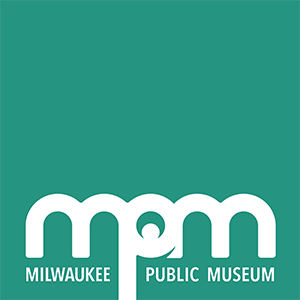Medieval Germany (circa 481 – 1350 CE)
The German state covered a large geographic area but for most of its early history it was subdivided into various tribal territories that eventually formed into competing principalities of feudal lords who were all under one ruler. Various dialects of the German language helped to form a German culture and forged ethnic connections with Slavic and Baltic groups as well as imperial alliances with Italy and the Germanic-speaking areas of modern Austria and Poland. Northern European and pre-Roman Iron Age Celtic influences also played a role in the formation of modern Germany. The transformation from tribal to monarchical and feudal rule in Germany led to an increased emphasis on the importance of property, natural resources, and political alliances but the significance of familial ties and internal allegiances remained important factors in medieval Germany and helped to foster the culture that defined the territory. Continual territorial and political changes on the regional and imperial levels greatly impacted medieval Germans, with endemic conflict and warfare due to conflicts between outside ethnic groups as well as between German polities.
Some areas of the original German territories, known collectively as Germania, were officially under Roman rule beginning in the first century BCE. The Romans occupied the area up to the Rhine and Danube rivers militarily but their political hold over the northern and eastern frontiers was weak so some Germanic tribes were able to assume and keep independent political and social communities. The Romans were pushed out partly due to Germanic tribal movement over the Rhine in the 3rd century C.E.. The Migration Period, 300 to 700 C.E., was characterized by various tribes moving into west-central Europe as and becoming consolidated as part of the evolving Germanic dynastic state, beginning with the Merovingians and the Carolingians. The Merovingians rose to become a Christian empire under Clovis I. They are best known for creating individual tribal legal codes, combining tribal and imperial law. Beginning in 481 C.E., a Merovingian dynasty ruled Gaul, which included most of modern day Germany. Individual tribes either paid tribute or were added by force into the empire at this time. In 751 C.E. the Frankish kingdom under the Carolingian dynasty came to power, expanding into all of Germany as well as farther east and south into Italy. Beginning with Charlemagne (crowned Holy Roman Emperor by Pope Leo III in 800 CE) the Franks ruled the largest European empire of the time until its breakdown created three kingdoms in 840 C.E.: East Francia, West Francia and the Middle Kingdom.
Merovingian Empire: (481 - 751 C.E.) Wikipedia |
Frankish Empire: (751 – 840 C.E.) Coins Weekly |
|
East Francia or the East Frankish Kingdom |
|
The kingdom of East Francia was the main source of later German culture and politics. East Francia and much of the Kingdom of Lothair, also called the Middle Kingdom, would make up the modern German state, established in 880 C.E as a newly unified empire. Successive German leaders inherited the title of emperor, ruling what was known as the Holy Roman Empire until 1806 C.E. The various principalities were under the protection of the emperor but could make decisions independently within their own regions. Although separated into tribes, ethnicities and linguistic regions, Germans developed into a cohesive ethnic and cultural group by the time of Otto I, crowned in 962 CE, the first official Holy Roman Emperor, ushering in the Ottonian or Saxon dynasty. Geographically at this time Germany had recognizable boundaries apart from the addition of most of Italy but continued to fluctuate over time to include parts of the kingdoms of France, Poland, and Hungary. Modern day Germany does not include Austria, Bohemia, Switzerland or Italy, all of which were part of the early German empire. Medieval Germany was dominated and defined by these constantly changing political boundaries, which shaped the complex history of the German people.
| Holy Roman Empire: (962 C.E. – 1806 C.E.)  How Stuff Works |
Modern Day Germany: Rener Group |


